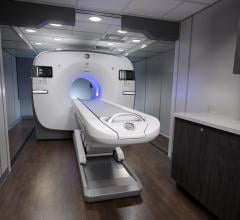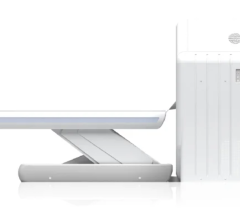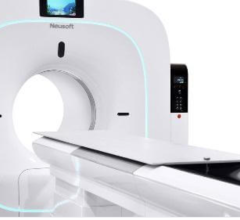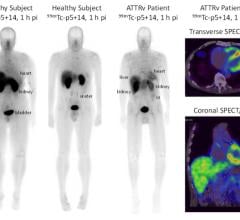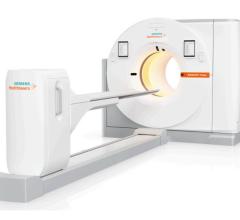January 25, 2010 - Heart failure is a serious medical condition, in which the heart muscle progressively loses its ability to pump blood, that affects more than five million people in the United States and results in about 1.1 million hospitalizations and 300,000 deaths each year.
To better treat this disease, a Phase 1 clinical study to assess the safety, dosimetry and tolerability of LMI1195, a novel F-18 small molecule tracer for imaging cardiac neuronal function, in healthy subjects, undergoing positron emission tomography (PET) imaging, launched today.
According to the American Heart Association, the total cost of heart failure is estimated to be $37.2 billion in 2009, putting very significant health and financial burdens on patients, their families and society as a whole. The study aims to meet the need for new diagnostic tools to help clinicians improve risk stratification and better identify heart failure patients at risk of arrhythmia and sudden cardiac death who might benefit from direct interventional therapy. Lantheus Medical Imaging initiated the Phase 1 trial in hopes to advance the development of the tracer LMI1195.
The Phase 1 open-label, non-randomized, single-dose study will be conducted in the United States. The study is designed to estimate the radiation dosimetry of LMI1195 in healthy subjects undergoing a PET scan. The study will also evaluate the safety and tolerability of the tracer, gather pharmacokinetic and metabolic data, and assess PET imaging parameters and image quality.
According to Don Kiepert, president and chief executive officer of Lantheus Medical Imaging, the LMI1195 is the company's second pipeline product to enter clinical development that uses molecular imaging and PET technology to improve cardiovascular imaging.
For more information: www.lantheus.com


 July 30, 2024
July 30, 2024 



